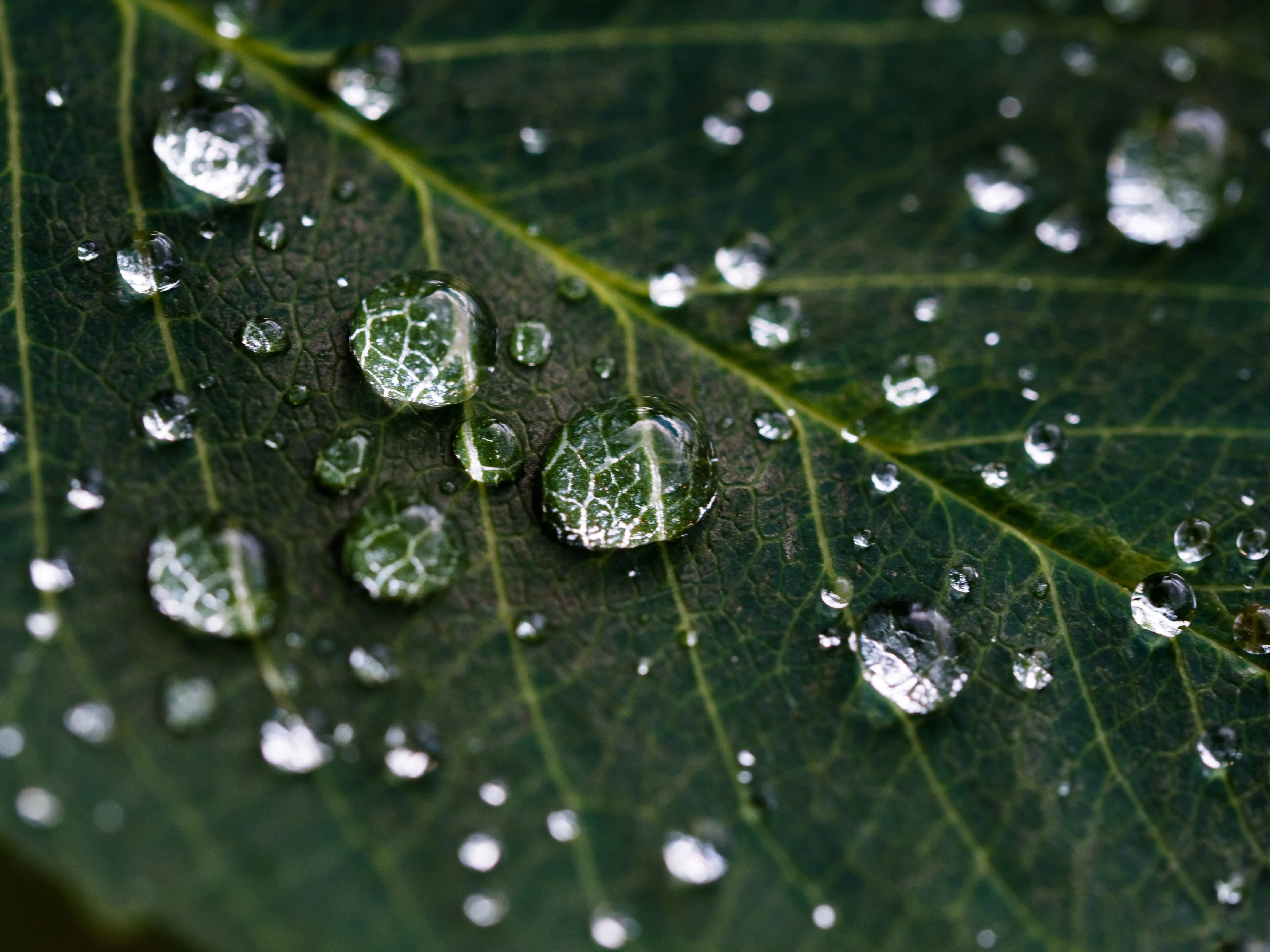Implementing Water Conservation Techniques on the Farm
Dive into the essential world of water conservation in agriculture with our comprehensive blog post. Learn innovative techniques to efficiently manage water resources on your farm, crucial for sustainable farming in Bangalore and beyond. Discover the benefits of rainwater harvesting, efficient irrigation, and other water-saving strategies. Join Vriksha Farms in embracing responsible water use, ensuring a sustainable future for agriculture.

Introduction
Water is a precious resource, especially in the realm of farming. As agriculture landowners in areas like Kanakapura Road, Bangalore, and Karnataka know, efficient water management is key to sustainable and successful farming practices. In this blog post, we will delve into essential water conservation techniques that can be implemented on your farm.
Understanding the Importance of Water Conservation
Water conservation is not just about saving water; it’s about utilizing it judiciously to optimize agricultural output. With the increasing demand for agricultural products, it's imperative that we adopt practices that not only preserve water resources but also enhance productivity.
Key Techniques for Water Conservation on Your Farm
- Drip Irrigation Systems: Drip irrigation is a highly efficient method that delivers water directly to the base of plants. This minimizes evaporation and ensures that water reaches the roots where it's needed most. Investing in modern drip irrigation systems can lead to substantial water savings.
- Rainwater Harvesting: Harvesting rainwater is an ancient yet incredibly effective method of conserving water. By installing rainwater harvesting systems, farms can collect and store rainwater during the monsoon season for later use. This stored water can be a lifeline during dry spells.
- Mulching: Applying a layer of organic or synthetic mulch around plants helps in retaining soil moisture. Mulch acts as a protective barrier, preventing water from evaporating too quickly and keeping the soil temperature consistent. This technique is particularly beneficial for crops with shallow roots.
- Soil Moisture Monitoring: Employing soil moisture sensors or meters can provide crucial data about the moisture levels in the soil. This information allows farmers to make informed decisions about irrigation schedules, ensuring water is applied precisely when and where it's needed.
- Crop Rotation and Selection: Certain crops have different water requirements at various stages of growth. By practicing strategic crop rotation and selecting drought-tolerant varieties, farmers can optimize water usage. This approach also contributes to healthier soil
Key Takeaways
Incorporating water conservation techniques on your farm is not only environmentally responsible but also economically prudent. By adopting these practices, you not only contribute to sustainable farming but also position your farm for long-term success.
Conclusion
As we navigate an era where water scarcity is a looming challenge, implementing effective water conservation techniques is not just a choice; it's a necessity. For agriculture landowners in areas like Kanakapura Road, Bangalore, and Karnataka, these practices are instrumental in securing a prosperous future for their farms.
